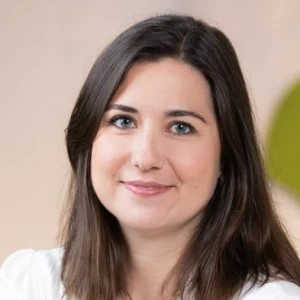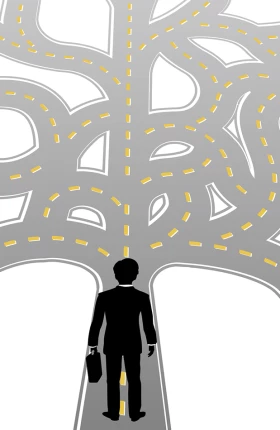Acutely ill or injured patients in the ICU often develop a condition known as acute kidney injury (AKI), in which their kidney function fails suddenly. Experts at BCG and 101 Fund, a foundation aimed at improving ICU care through data-driven insights, were confident that they could identify AKI-susceptible patients up to two days in advance of incurring the injury, enabling doctors to adapt medical care to avoid the complication.
A New Tool for a Costly and Dangerous Condition
A new tool that BCG and 101 developed through their partnership uses machine learning to give doctors advance warning about patients who are at high risk of developing AKI in the next 48 hours. In response, doctors can run specific tests for the ailment or can avoid treatments that overload kidneys. For patients, the new tool has the potential to produce better outcomes. For hospitals, it can lower the costs associated with having to treat complications of AKI.
Acute kidney injury in the ICU is a public health issue. At some health care facilities, more than 40% of patients develop AKI, and the death rate of those patients is three times higher than that of non-AKI patients. Out of 1,000 ICU patients, 100 will die after developing an acute kidney condition, and 60 will require lifelong dialysis. Even patients who eventually fully recover require longer ICU stays and more complex care. The financial burden to payers and providers is enormous: AKI patients at some hospitals account for 25% of total ICU costs and 5% of health care costs overall. A patient who develops chronic kidney disease after incurring AKI will need nearly $1 million in additional care.
Averting AKI is a challenge for doctors, as it develops suddenly and with little warning. Virtually all ICU patients are susceptible to it. Doctors and nurses are trained to watch for it, but they may not detect it in some patients who show no signs of suffering from it until the condition is full blown. By that point, in some patients, kidney damage may already be irreversible.
An Analytics-Driven Solution
A team from BCG Gamma built a machine learning model that analyzes a patient’s vital metrics and determines the patient’s likelihood of developing AKI within the next two days. The team looked at more than 100,000 available data points for each patient, consolidated those data points into 1,200 aggregated relevant measures, and then worked with the medical team to select the ten most predictive and medically meaningful ones. To protect patients’ health information and privacy, the team conducted the project in line with the EUnion’s General Data Protection Regulation.
Throughout the development process, the BCG Gamma team collaborated directly with physicians at a functioning ICU. Adopting that approach accomplished several goals. First, input from clinicians helped the BCG team design a tool that could achieve widespread adoption. For example, the ten metrics used in the algorithm require no historical health data about the patient—data that isn’t always available—and are common indicators tracked by ICUs worldwide. In addition, the team used only metrics that made sense from a medical standpoint, so doctors can understand what the algorithm is calculating and will be more inclined to accept the result—rather than being presented with a “black box” that may be accurate but that they may not understand, trust, or use.
The resulting model runs every morning, using updated patient data, and assigns a single score to each ICU patient, indicating the patient’s risk of developing AKI in the next two days. ICU clinical staff members receive the score via a web- and mobile-accessible app that has a simple, intuitive interface.
Armed with advance warning, physicians can run more-specific tests to confirm an AKI diagnosis, alter the patient’s medication schedule, and avoid certain treatments. For example, some ICU patients receive injectable dyes during scans; those dyes are extremely hard on the kidneys and would not be used in AKI-susceptible patients.
Promising Results
Built initially on a data set from a single hospital, the tool accurately predicted 82% of patients at increased risk of developing AKI in the next two days of their stay. Only three in ten predictions were false positives. This performance was confirmed by data (not used to train the model) from two other hospitals.
A major hospital in Paris is currently deploying the tool. During the testing period, doctors are using it alongside their standard care protocols to measure its effectiveness in predicting AKI. The experience thus far has confirmed the promising early results: the algorithm has helped the medical team detect a significant number of high-risk patients that the team would not have spotted through traditional measures.
The next step is to conduct a clinical study to further validate the results and to measure the impact of earlier detection on medical care. That process should begin later this year.






